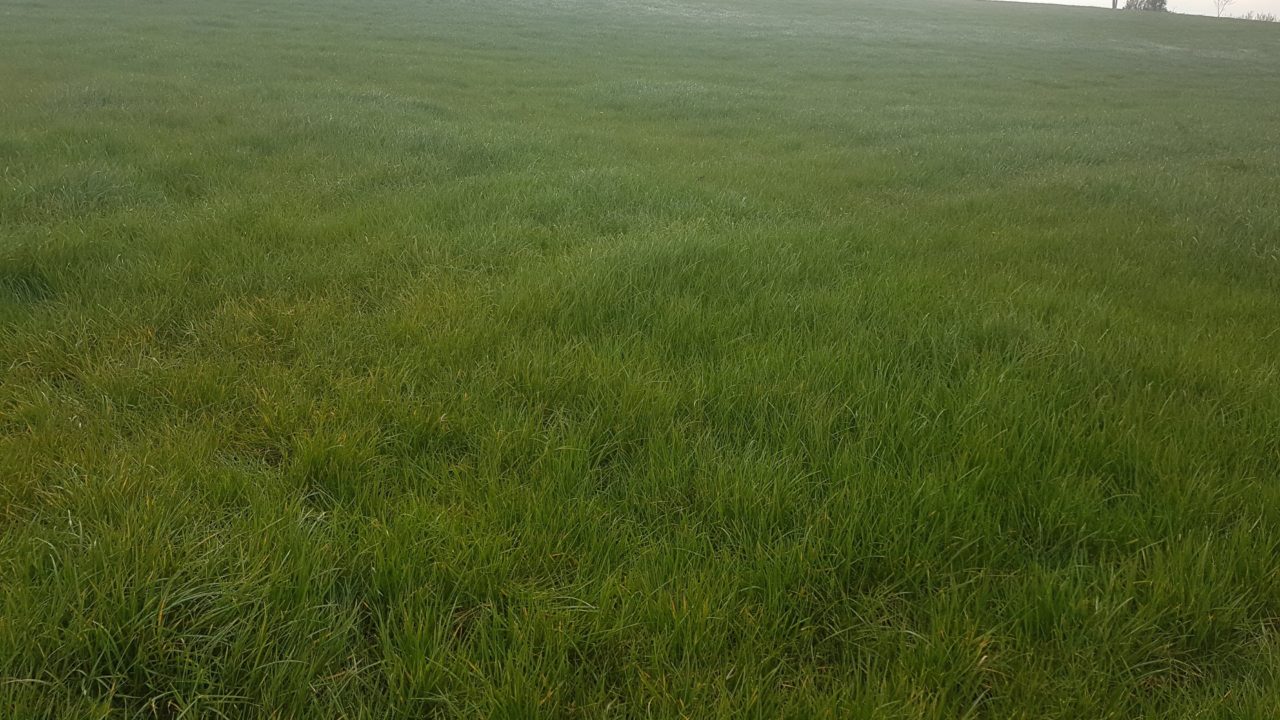A researcher with Teagasc has claimed an international award for her work on multi-species grass swards.
Dr. Saoirse Cummins has been presented with this year’s Brian Chambers International Award for Early Career Researchers.
Organised by the International Fertiliser Society (IFS), the award recognises researchers who demonstrate how their work can provide practical benefits to farm crop nutrition.
The study carried out by Dr. Cummins at Teagasc’s Environment Research Centre at Johnstown Castle demonstrated that multi-species mixtures enhance grassland sustainability.
The PhD study was carried out in collaboration with Rothamsted Research and The University of Reading, UK, where Cummins is a student.
The research was made possible by a Walsh Scholarship, awarded by Teagasc.
Grass
In order to showcase her research, Saoirse produced a poster entitled ‘Strong effects of grassland sward composition on reducing N2O emissions and emissions intensity’.
It highlights the benefits of multi-species mixtures in reducing the greenhouse gas (GHG) emissions intensity of the potent gas nitrous oxide (N2O).
The results followed a field trial carried out over 12 months assessing N2O emissions in relation to the composition of grassland swards.
Dr. Cummins also carried out an analysis of N2O emissions in sheep production.
Some of the key results of the study were presented at the IFS conference earlier this month in the UK.
The research showed significantly reduced N2O emissions intensity of a six-species sward compared to a perennial ryegrass monoculture at higher and equal inorganic nitrogen application levels.
Dr. Cummins also found that lambs had 2kg increased liveweight gain when reared on a low nitrogen grass-clover mixture, compared with a grass monoculture receiving higher nitrogen inputs.
Teagasc said that the findings “build on previous research and provide further evidence to support the role of multi-species and clover based swards in climate-smart livestock production systems”.
